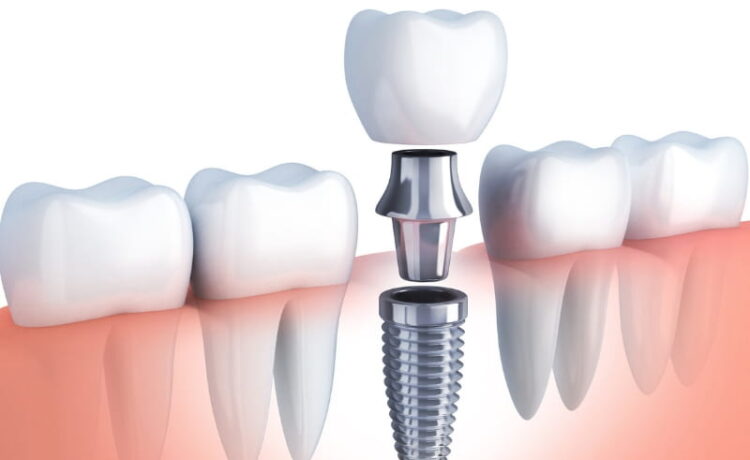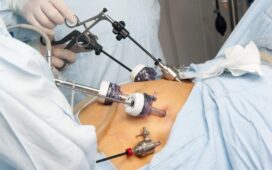Dental implants are a big deal in Canada. After all, you are undergoing surgery and spending thousands of dollars. It is only natural to wonder how these artificial teeth are going to affect your eating and chewing. Of course, you would like to chew the same and comfortably after getting implants. If you want to know more, talk to your dentist.
A missing tooth is more than just an aesthetic problem. With time, you will lose your dental functionality and start experiencing toothache, bleeding, alignment issues, and other problems. Before getting implants, it is always beneficial to know what you are getting into. Visit a family dentistry Oshawa today.
Can dental implants affect the way you eat and speak?
You can start eating immediately after getting dental implants. However, it is important to keep in mind the instructions given by your dentist. You should account for the tenderness and swelling that will persist for a few days after the procedure.
Soft foods and liquids, such as mashed potatoes, milkshakes, etc., are usually recommended so that you do not have to use your teeth to chew and stimulate the surgical site. Sticking to this after-care rule is crucial for at least a day or two.
It is also important to avoid irritants during this period, including acidic, hot, and spicy foods. Avoid sticky and crunchy foods as well. The swelling and tenderness can become worse.
Speaking challenges with new dental implants.
Even though dental implants look exactly like your natural teeth, nothing artificial can beat the real thing. You might experience a bit of difficulty speaking with your new dental implants, but practice is key to getting used to them. Dentists recommend speech exercises so that the tongue can adjust to the changes in your bite.
How do dental implants improve occlusion?
Occlusion refers to the degree to which your teeth come together when you bite or chew. Everyone needs proper occlusion for good oral health, clear speech, and chewing.
Dental implants can improve occlusion problems in various ways. For instance, they replace your missing teeth and help you speak and eat properly. They also prevent teeth-shifting issues, which can further lead to bite issues.
Dental implants are screwed into your jawbone. Therefore, they are there for the long term.
Do you need dental implants?
For people who require an extensive tooth replacement option, dental implants are a great option. Nowadays, you can get them in one day with the All-on-4 method. It is also less invasive and provides quick results with fewer trips to the dentist’s office.
If you are considering getting dental implants, whether a single tooth or a full arch, do not hesitate to ask your questions to your dentist. Visit a dental clinic today.













